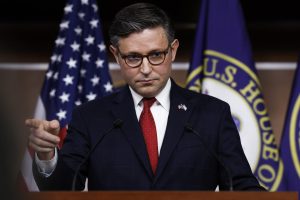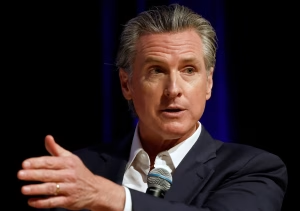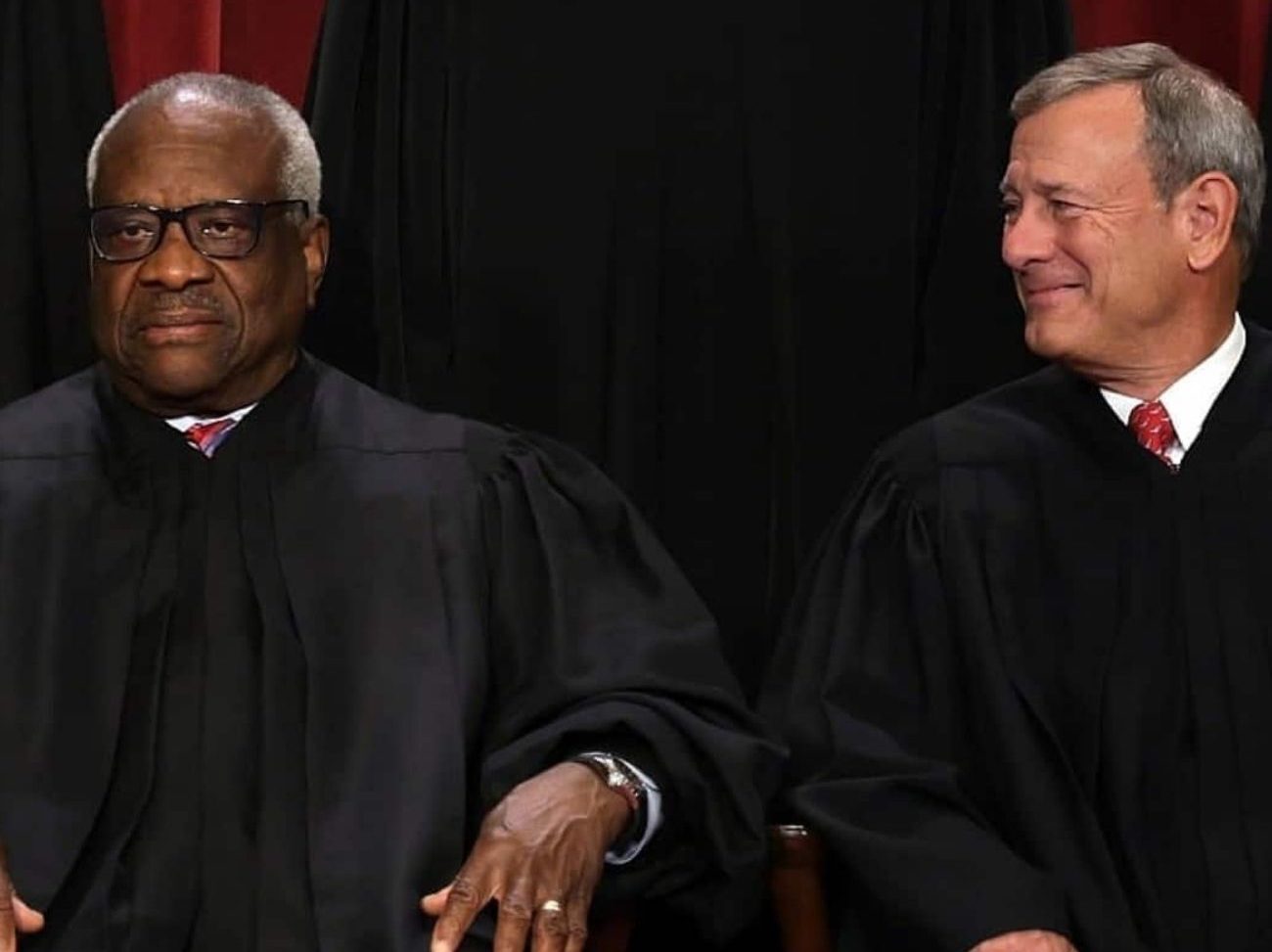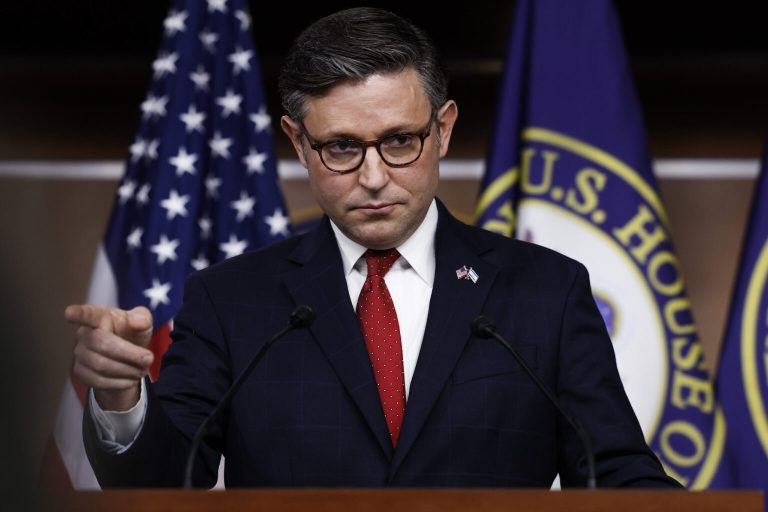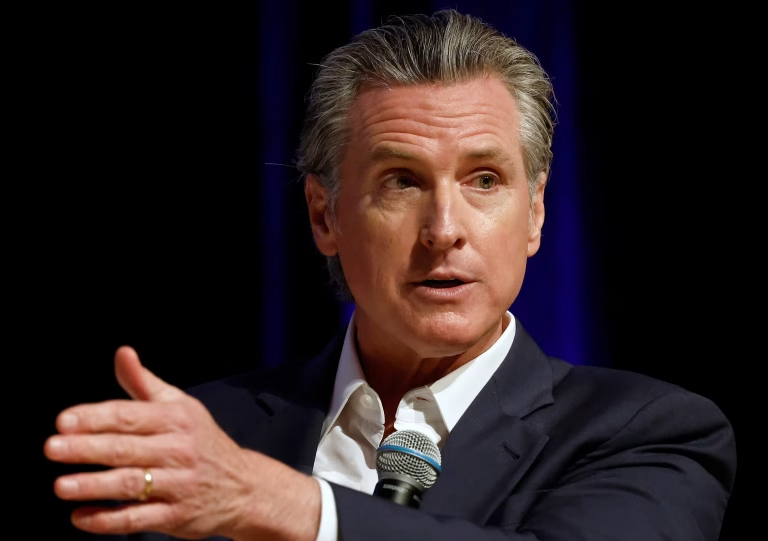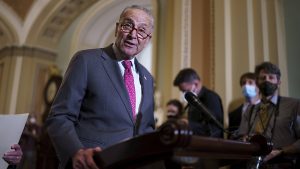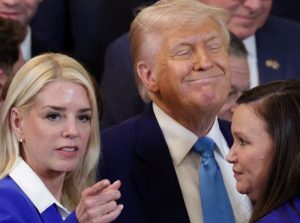Supreme Court Ruling Raises New Questions Over California’s EV Mandate
A closely watched Supreme Court decision has delivered a major setback to California’s ambitious electric vehicle program, opening the door for fuel producers to challenge one of the state’s cornerstone climate policies.
In a 7–2 decision, the Court ruled that a coalition of energy and manufacturing groups has legal standing to sue the Environmental Protection Agency (EPA) over its approval of California’s far-reaching emissions and electric vehicle requirements. The case, which could redefine how far states can go in setting environmental standards, centers on California’s plan to phase out new gasoline-powered cars by 2035.
Justice Brett Kavanaugh, writing for the majority, said the state’s regulatory reach — and the EPA’s endorsement of it — raise constitutional and statutory concerns.
“The government generally may not target a business or industry through stringent and allegedly unlawful regulation, and then evade the resulting lawsuits by claiming that the targets of its regulation should be locked out of court as unaffected bystanders,” Kavanaugh wrote. “In light of this Court’s precedents and the evidence before the Court of Appeals, the fuel producers established Article III standing to challenge EPA’s approval of the California regulations.”
The Court’s decision does not immediately strike down California’s rules, but it clears the way for a legal challenge that could.
Background: California’s Push Toward Electric Vehicles
California’s Advanced Clean Cars Program, adopted in various stages since 2012, requires automakers to reduce greenhouse gas emissions and increase the share of zero-emission vehicles sold in the state. Governor Gavin Newsom has framed the plan as a key step toward reaching “carbon neutrality” by mid-century.
Under federal law, the EPA must grant a waiver allowing California to set stricter emissions standards than national rules — a unique privilege first granted in the 1970 Clean Air Act. That waiver was central to the current dispute, as fuel producers argue the EPA exceeded its authority by approving regulations that effectively reshape the national vehicle market.
“The EPA has repeatedly altered its legal position on whether the Clean Air Act authorizes California regulations targeting greenhouse gas emissions from new motor vehicles,” Kavanaugh noted, signaling concern about the agency’s shifting interpretation.
A Divided Yet Bipartisan Decision
The 7–2 decision saw one liberal justice join the conservative bloc, a rare alignment underscoring the legal complexity of the case. The ruling allows energy producers to move forward with litigation claiming that California’s EV mandates amount to an unlawful overreach.
For the plaintiffs, represented by the American Fuel & Petrochemical Manufacturers (AFPM), the decision represents a major procedural win.
“The Supreme Court put to rest any question about whether fuel manufacturers have a right to challenge unlawful electric vehicle mandates,” said Chet Thompson, AFPM’s president and CEO. “California’s EV mandates are unlawful and bad for our country. Congress did not give California special authority to regulate greenhouse gases, mandate electric vehicles, or ban new gas car sales.”
Thompson added that the decision restores a measure of balance between federal and state authority, a long-running point of contention in U.S. environmental policy.
Implications for California’s Climate Agenda
The decision arrives as California faces mounting legal and political headwinds over its environmental agenda. Earlier this month, President Donald Trump signed three resolutions targeting core parts of the state’s green energy policies, including measures designed to accelerate the transition to electric vehicles and restrict traditional fuel production.
Those actions, combined with the Supreme Court ruling, have delivered a one-two punch to California’s regulatory ambitions. Analysts say the outcome could have nationwide implications, especially as other states consider similar emissions restrictions modeled after California’s framework.
“The state’s approach has often served as a template for national policy,” said one Washington energy analyst. “If California’s EV rules are found to exceed federal authority, it could reset how aggressive state-level climate action can be.”
California’s Broader Legal Challenges
This is not the first time Governor Newsom’s environmental policies have faced pushback in court. Earlier this year, the Supreme Court also ruled in favor of federal immigration authorities, lifting restrictions on enforcement practices in California. That decision, split 6–3, reaffirmed federal authority in a separate area where state laws had sought to impose limitations.
In the EV case, the justices’ alignment suggests a growing consensus that major regulatory shifts — particularly those that affect national industries — should be subject to judicial review before taking effect.
“This case involves California’s 2012 request for EPA approval of new regulations,” Kavanaugh wrote. “As relevant here, those regulations generally require automakers to limit average greenhouse gas emissions across their fleets and to manufacture a certain percentage of electric vehicles as part of their vehicle fleets.”
For California, those requirements are not merely guidelines; they are enforceable targets that shape how car manufacturers design and sell vehicles nationwide.
The Dissenting Voices
Two justices dissented, arguing that the lawsuit should have been dismissed on procedural grounds. In their view, the energy producers’ economic interest was too indirect to warrant standing in federal court.
Legal scholars, however, say the majority opinion sets a clear precedent for allowing affected industries to challenge sweeping environmental policies before they take effect — a decision that could ripple across future regulatory disputes involving energy, transportation, and technology.
What Happens Next
The ruling sends the case back to lower courts for further proceedings, where fuel producers will argue that the EPA exceeded its statutory authority in granting California the waiver. Depending on the outcome, the case could return to the Supreme Court within the next year or two for a final decision on the merits.
In the meantime, automakers are watching closely. Many have already committed to transitioning toward electric fleets, though the timeline and feasibility vary widely. Some industry leaders have expressed concern that conflicting state and federal mandates could create regulatory uncertainty and drive up costs for consumers.
The Biden administration, which has supported California’s emissions efforts, declined to comment on the ruling but reiterated its commitment to promoting electric vehicles nationwide.
Governor Newsom’s office issued a brief statement saying the state “remains committed to clean air and clean energy,” while declining to address the specifics of the ruling.
A Broader Legal Trend
The decision marks another example of the Supreme Court’s growing scrutiny of executive and regulatory power. Recent cases involving the EPA, OSHA, and the Department of Education have narrowed the scope of federal agencies’ authority, emphasizing that major economic or political decisions require clear authorization from Congress.
For supporters of California’s climate goals, the ruling represents a setback — though not necessarily the end of the state’s efforts. Environmental groups are expected to intervene in the upcoming litigation, arguing that states must retain flexibility to pursue stronger environmental protections.
For critics, however, the ruling is seen as a long-overdue check on what they call “regulation by waiver” — the use of state-level authority to implement de facto national policy through federal approval.
As one legal analyst put it: “This isn’t just about electric cars. It’s about who gets to decide the direction of U.S. energy policy — elected lawmakers or unelected regulators.”

Sarah Mitchell is a bestselling novelist recognized for her insightful and emotionally resonant stories that explore the complexities of human relationships. Originally from Denver, Colorado, Sarah grew up in a family of teachers who nurtured her curiosity and love for storytelling. She studied psychology at Stanford University, where she became fascinated by the intricacies of human behavior—an interest that would later shape her writing career. Sarah’s novels are praised for their nuanced characters, intricate plots, and ability to capture the subtle tensions that define love, friendship, and family ties. Her breakthrough novel, The Spaces Between Us, became an instant bestseller, lauded for its honest portrayal of strained family relationships and the fragile bonds that hold people together. Since then, she has published several works that continue to captivate audiences around the world. Outside of her writing career, Sarah is passionate about mental health advocacy and often partners with organizations to promote awareness and support for those struggling with emotional well-being. Her personal life is quieter—she enjoys hiking in the Colorado mountains, practicing yoga, and spending time with close friends. With each new book, Sarah Mitchell cements her reputation as a writer who illuminates the beauty and struggles of human connection.
